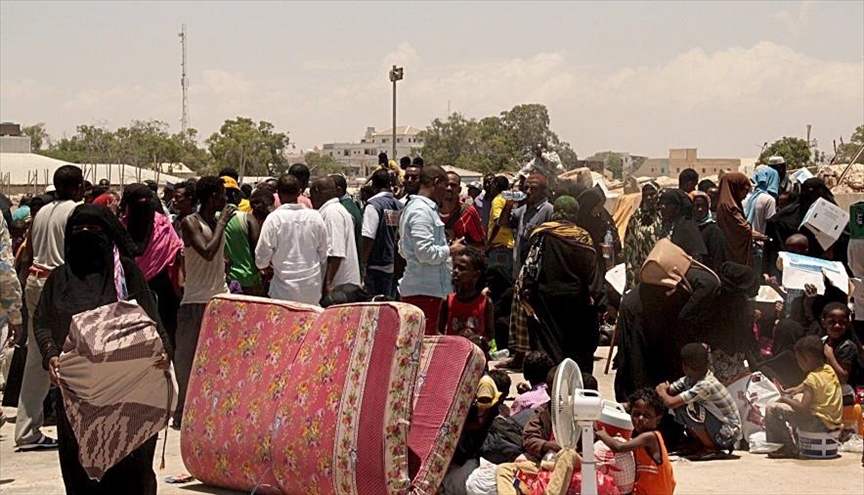- Details
- East Africa
- 226
'Such illegal and provocative actions constitute a flagrant violation of international law and not only threaten the peace and stability of the brotherly country of Somalia, but also that of the entire region,' says Foreign Ministry
Pakistan on Saturday condemned Israel’s recognition of the breakaway Somaliland region, calling the move "provocative and illegal."
Islamabad "strongly condemns any attempts to undermine the sovereignty, unity, and territorial integrity of Somalia" and rejects Israel recognizing the independence of "the so-called Somaliland region of the Federal Republic of Somalia," said a statement from the Foreign Ministry.
"Such illegal and provocative actions constitute a flagrant violation of international law and not only threaten the peace and stability of the brotherly country of Somalia, but also that of the entire region," the ministry added, urging the international community to step in to reject any such actions and "prevent and deter Israel from undermining the ongoing efforts for peace and stability in the broader region."
Islamabad also expressed its "complete support for the sovereignty, unity, and territorial integrity" of Somalia.
The remarks follow an announcement on Thursday, in which Israel became the first UN member state to formally recognize Somaliland as an independent state.
Israeli Prime Minister Benjamin Netanyahu said the move was in the “spirit of the Abraham Accords,” citing cooperation in agriculture, technology, and regional security.
Somaliland declared independence from Somalia in 1991 and has operated as a de facto state for more than three decades but had not previously received formal recognition from any UN member state. By Saadet Gokce, Anadolu Agency






